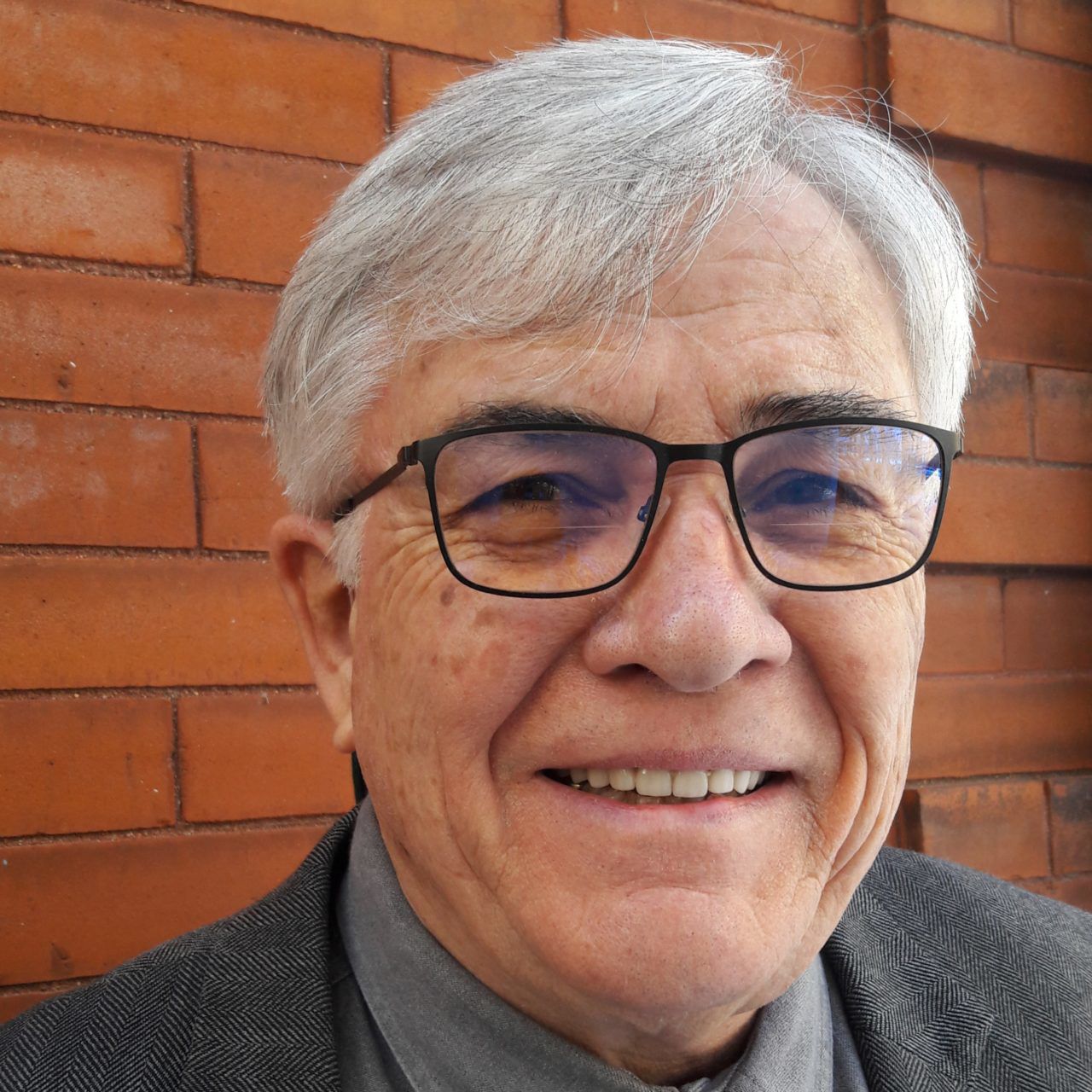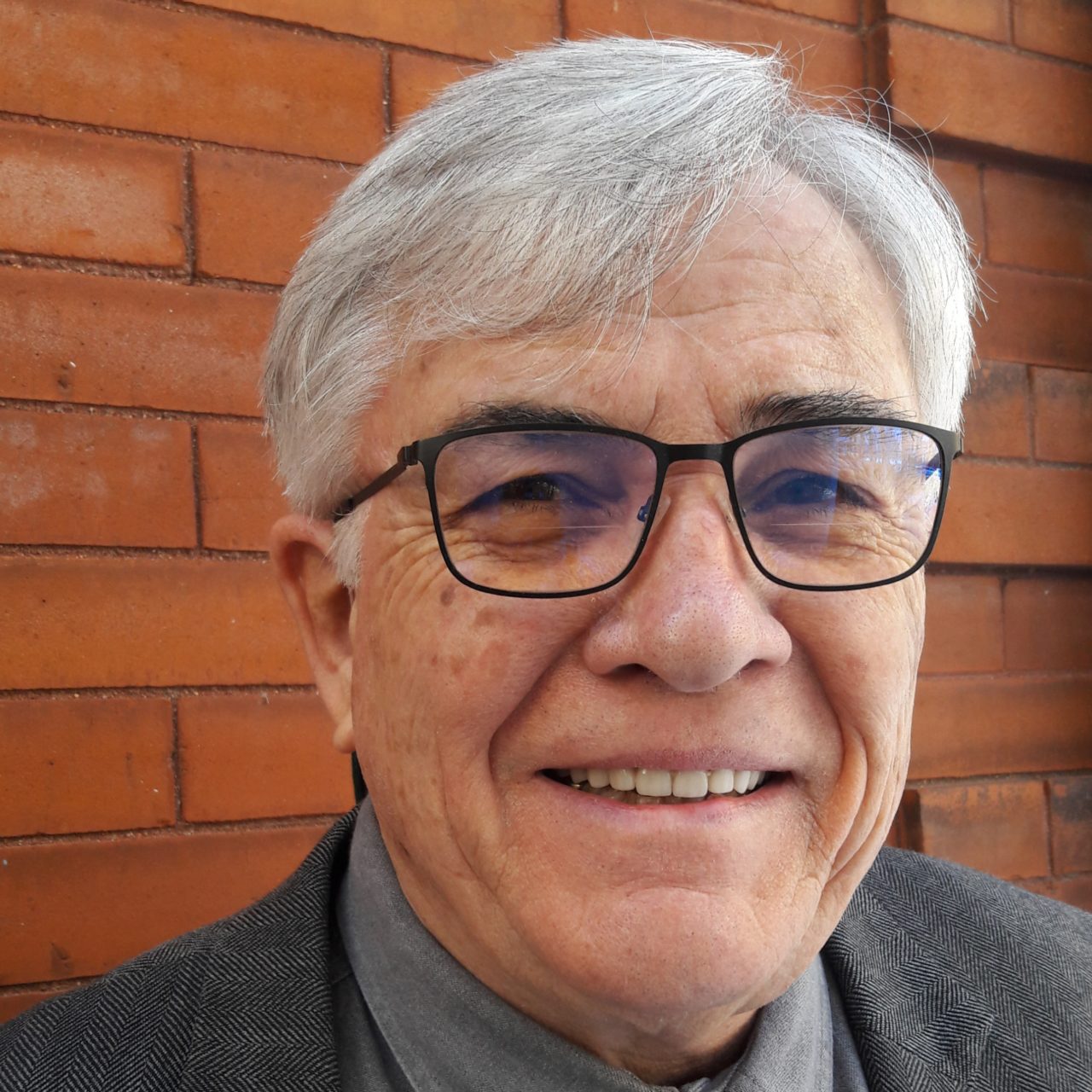HUDSON | Is the state’s shutdown really too high a price — for saving lives?


The claim that a “…cure should never be worse than the problem” resonates with common sense. Upon inspection, however, the fallacy lurking within this argument is that no cure exists for COVID-19. That’s the real problem. We are months, perhaps more than a year, removed from a vaccination or drug regimen that will reliably protect us. We face Robert Frost’s choice: “Two roads diverged in the wood, and I, I took the one less traveled by, and that has made all the difference.”
For much of human history we were born, and then on an unpredictable day, we contracted a fever and died. Without anti-biotics this pattern remained true well into the 20th century. It is confounding that, despite all the wonders of modern medicine, we find ourselves encountering a threat we believed confined to the footnotes of our history. While we no longer torch witches for cursing our communities with plagues, this insight has done little to temper the zeal of conspiracists searching out scapegoats. Our dilemma is simple. We can act to constrain the spread of the novel corona virus, thereby reducing the number of deaths, or accept a far larger “die-off” as a reasonable exchange for preserving a rollicking economy.
You may think this choice is an easy one. Respect life. Protect life. Apparently, this was not the case for 14 of Colorado’s 16 Republican state senators. They linked arms and dispatched a letter admonishing the governor for issuing a statewide stay-at-home order. They remain unpersuaded by Jared Polis’ reasoning that the lives of thousands of Coloradans are at stake. From the fringe right to the merely far right we have been hearing conservative bleating that shutting down the state’s economy merely to save lives is simply too high a price to pay.
Economic costs are protested as a problem far worse than the virus itself. A preposterous theory has advanced that an even larger number of victims will be lost to suicide and despair once families apprehend the losses in their 401-Ks. This is utter rubbish. In 2008 voters opted for an unproven, first-term black Democrat as their president over a Republican who argued the American economy was “fundamentally sound.” Stock market values had collapsed by nearly 70%. At the root of the discordant grumbling among conservatives lies the faith-based schism dividing our politics.
The Bill of Rights includes the admonition that, “Congress shall make no law respecting the establishment of religion.” For the most part our courts have supported this provision, although there has always existed a rump caucus alleging religious freedoms were actually intended to include just Christian sects. As enlightenment skeptics, the Founding Fathers were far closer than we are today to three centuries of unremitting Christian slaughters across Europe. They were understandably apprehensive of the powder keg potential inherent to theological disputes.
Yet they failed to guard us against the emergence of a secular faith in the operation of markets as a divinely inspired expression of economic virtue. It is the bishops controlling the Church of the Market who appear most alarmed that the country emerging on the far side of a prolonged national down may challenge their liturgy. If our financial architecture is genuinely too fragile to survive several months, just how much of our devotion does it deserve?
American families regularly face similar disruptions following a cancer diagnosis, or the economic impacts of opioid addiction and divorce. Is there, perhaps, something fundamentally wrong when half our citizens cannot cover an unexpected $400 expense? Should we be questioning why our rootin’, tootin’ prosperity is judged so brittle by its own acolytes? And, finally, why is it that capitalism has to be bailed out by socialists every few decades?
The market priesthood encouraging us to flip on the lights and strike up the band appears determined to quash these conversations. It’s not as though the American economy has delivered an unremitting record of success. Rather, it has stumbled from one crisis to the next. Today it is health care that we find squirming beneath the microscope. Relying on public health providers to deliver a for-profit commodity, it is only natural that market magic has trimmed facilities, staff and supplies. There is no incentive to maintain surge capacity for hospital rooms, trained personnel or ventilators. As we are now discovering, at our considerable peril, they don’t and they won’t. Colorado’s health care system is earnings centered, rather than patient centered. That needs to change.
Barely a century ago it was not uncommon for foot blisters to become infected, triggering a sepsis cascade. Without amputation patients usually succumbed to blood poisoning. Amputation was a necessary cure. Disease alone rarely collapses a society so much as it reveals flaws that then finish the job. Few choices come without risk, but it is time to choose.
Miller Hudson is a public affairs consultant and a former legislator. He can be reached at mnhwriter@msn.com.













